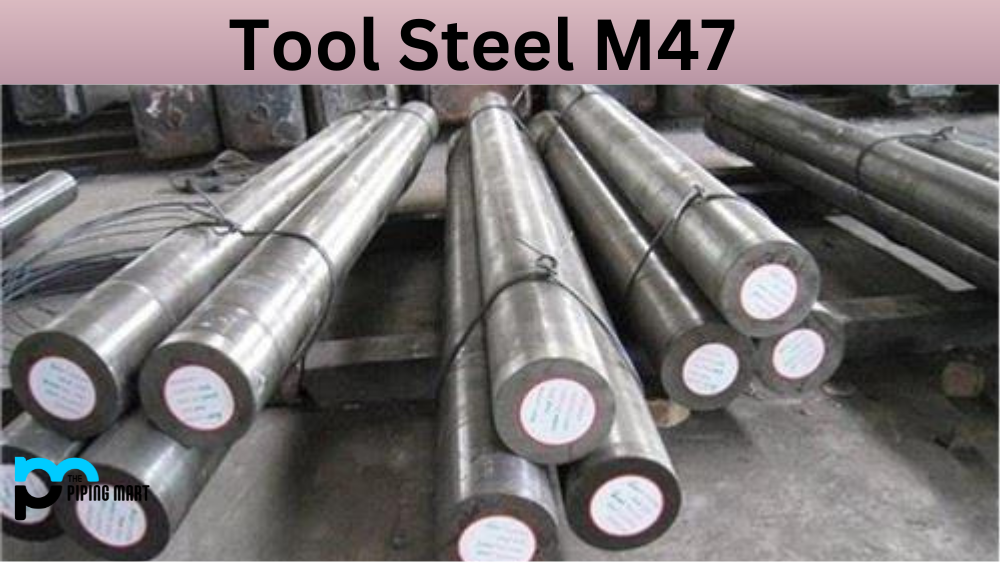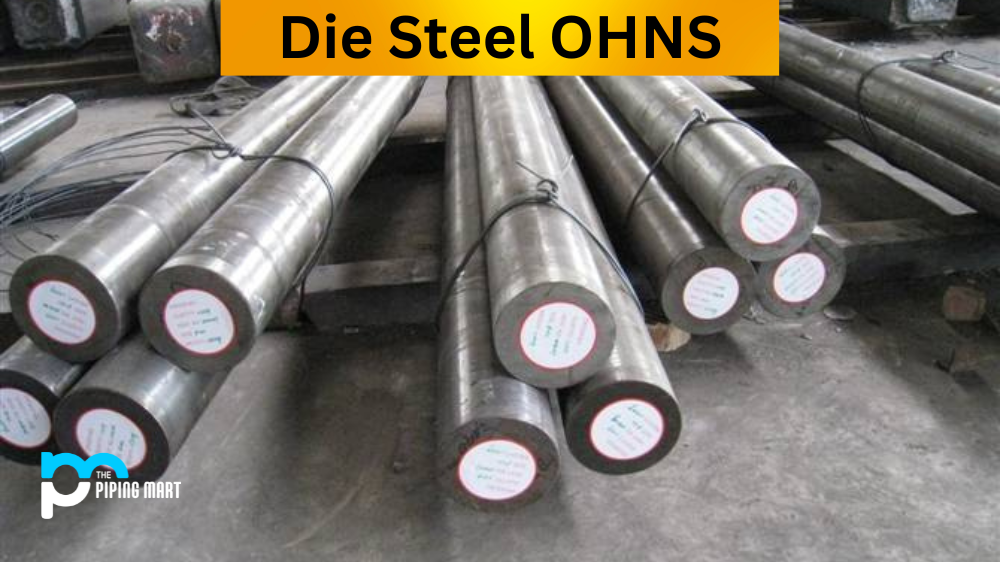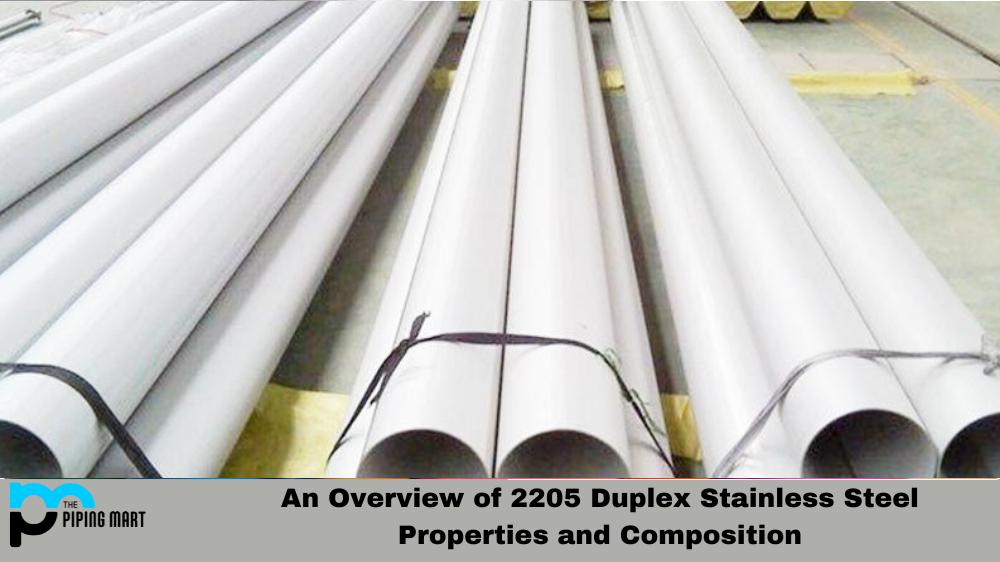Tool Steel M47 is a type of high-speed steel designed for use in tooling applications. It offers excellent wear resistance and toughness, making it suitable for various machining and fabrication processes. This blog post will explore the composition, mechanical properties, physical properties, uses, corrosion resistance, heat resistance, heat treatment, machining and welding of Tool Steel M47.
Composition
Tool Steel M47 is composed primarily of chromium (Cr), tungsten (W), molybdenum (Mo), vanadium (V) and cobalt (Co). In addition to these main elements, other trace elements such as carbon (C), manganese (Mn) and silicon (Si) may also be present in smaller amounts. This combination of elements gives Tool Steel M47 superior hardness and wear resistance compared to other tool steels.
| Elements | Min.(≥) | Max.(≤) | Similar | Remarks |
|---|---|---|---|---|
| C | 1.05 | 1.15 | ||
| Si | 0.20 | 0.45 | ||
| Mn | 0.15 | 0.40 | ||
| P | – | 0.030 | ||
| S | – | 0.030 | ||
| Cr | 3.50 | 4.00 | ||
| Mo | 9.25 | 10.00 | ||
| V | 1.15 | 1.35 | ||
| W | 1.30 | 1.80 | ||
| Co | 4.75 | 5.25 |
Mechanical Properties
The mechanical properties of Tool Steel M47 are excellent. It has a high tensile strength of 1620 MPa and an ultimate strength of 1730 MPa. Its yield strength is 1350 MPa with an elongation at a break of 9%. Its impact energy is 41 J/cm2 with a shear strength at room temperature of 1100 MPa.
| Proof strength Rp0.2 (MPa) |
Tensile strength Rm (MPa) |
Impact energy KV (J) |
Elongation at fracture A (%) |
Reduction in cross section on fracture Z (%) |
As-Heat-Treated Condition | Brinell hardness (HBW) |
|---|---|---|---|---|---|---|
| 685 (≥) | 871 (≥) | 24 | 41 | 23 | Solution and Aging, Annealing, Ausaging, Q+T,etc | 421 |
Physical Properties
The physical properties of M47 Steel are excellent due to its high content of chromium which provides corrosion resistance even in extreme temperatures or environments. Its density is 8 g/cm3 with an electrical resistivity at 20°C ranging from 0.65 to 1 Ω⋅m. Its thermal conductivity ranges from 25 to 30 W/(m·K) depending on the temperature range being used for the test sample. Its melting point is between 1410°C and 1420°C, while its boiling point is 2600°C depending on the alloy composition being tested.
| Property | Density kg/dm3 |
Temperature T °C/F |
Specific heat J / kgK |
Thermal conductivity W/mK |
Electric resistance µΩ·cm |
Modulus of elasticity kN/mm2 |
Expansion rate |
|---|---|---|---|---|---|---|---|
| 569 (≥) | 277 (≥) | 13 | 44 | 23 | Solution and Aging, Annealing, Ausaging, Q+T,etc | 424 | |
| Temp. °C/°F |
Creep strain limit (10000h) (Rp1,0) N/mm2 |
Creep rupture strength (10000h) (Rp1,0) N/mm2 |
|||||
| 442 | 547 | 567 |
Equivalent
| Grade | Standard | Country | Application |
|---|---|---|---|
| M47 | ASTM | USA |
High-Speed Tool Steel
|
Uses
Steel M47 is mainly used for machining operations such as milling, drilling and turning because it can hold up under high cutting speeds without deforming or losing its shape during the process. It can also be used for cold forging since it has excellent wear resistance even when faced with large amounts of pressure from tools during forming processes such as die-casting or extrusion molding operations. It can also be used for hot forging due to its superior heat-resistant properties, allowing it to maintain its form even when exposed to higher temperatures.
Corrosion Resistance
Tool Steel M47 is known for its excellent durability and ability to perform in various industrial environments. Its corrosion resistance makes it especially popular, as it stands up to weathering and extreme temperature shifts without corroding or requiring frequent maintenance. The superiority of Tool Steel M47 over other forms of steel lies in its combination of high levels of tensile strength, a low degree of carbon content, and trace amounts of tungsten and vanadium. The result is a tough steel alloy that resists rust or decay even when exposed to corrosive liquids or chemicals. Tool Steel M47 is an ideal choice for applications where corrosion resistance is essential.
Heat Resistance
Tool steel M47 has earned a reputation for its impressive heat resistance. This steel has an impressively high melting point of nearly 2,800°F, making it optimal for applications that involve intense temperatures. It also features additional benefits, such as excellent corrosion and wear resistance, so it is one of the most sought-after metals for precise cutting tools and highly functional machine components. With its remarkable heat resistance, tool steel M47 is sure to provide efficient service during extremely hot manufacturing processes.
Machining
The machining of tool steel M47 can be an unmatched challenge, but with the right expertise and experience, it can be an ultimately rewarding experience. Those taking on the task should ensure they have the latest information concerning tool cutting speeds and feeds and the sharpest cutting tools available. Coolant must also be used to help avoid heat buildup and to prevent cracking related to hardening. Taking proper steps when machining tool steel M47 will result in a quality job that will last for many years, making all the efforts worthwhile.
Welding
Tool steel M47 welding is a process used by many industrial and manufacturing operations to connect components. The strength and corrosion resistance of tool steel M47 makes it an ideal choice for welding applications with extreme temperatures, like those found in automotive production lines or oil refineries. Tool steel M47 welding requires specialized techniques and preheat processes that must be followed for a successful weld, ensuring all the components are securely bonded to one another without the risk of cracking or weakening under pressure or intense heat levels. As such, companies rely on expert welders for the successful execution of this vital step in their manufacturing processes.
Conclusion
Overall, Tool Steel M47 is an ideal material choice for many machining processes due to its excellent wear-resistant properties and ability to maintain its form under pressure or extreme temperatures during hot or cold-forming operations. As such, it can provide users with a reliable material option that offers superior performance over traditional materials that may not be able to withstand the same amount of force or heat exposure during machining or forming processes without deforming or losing their shape over time. If you’re looking for a reliable material option that can provide superior performance in any application requiring precision machining or forming processes, consider using Tool Steel M 47 today!

A passionate metal industry expert and blogger. With over 5 years of experience in the field, Palak brings a wealth of knowledge and insight to her writing. Whether discussing the latest trends in the metal industry or sharing tips, she is dedicated to helping others succeed in the metal industry.




